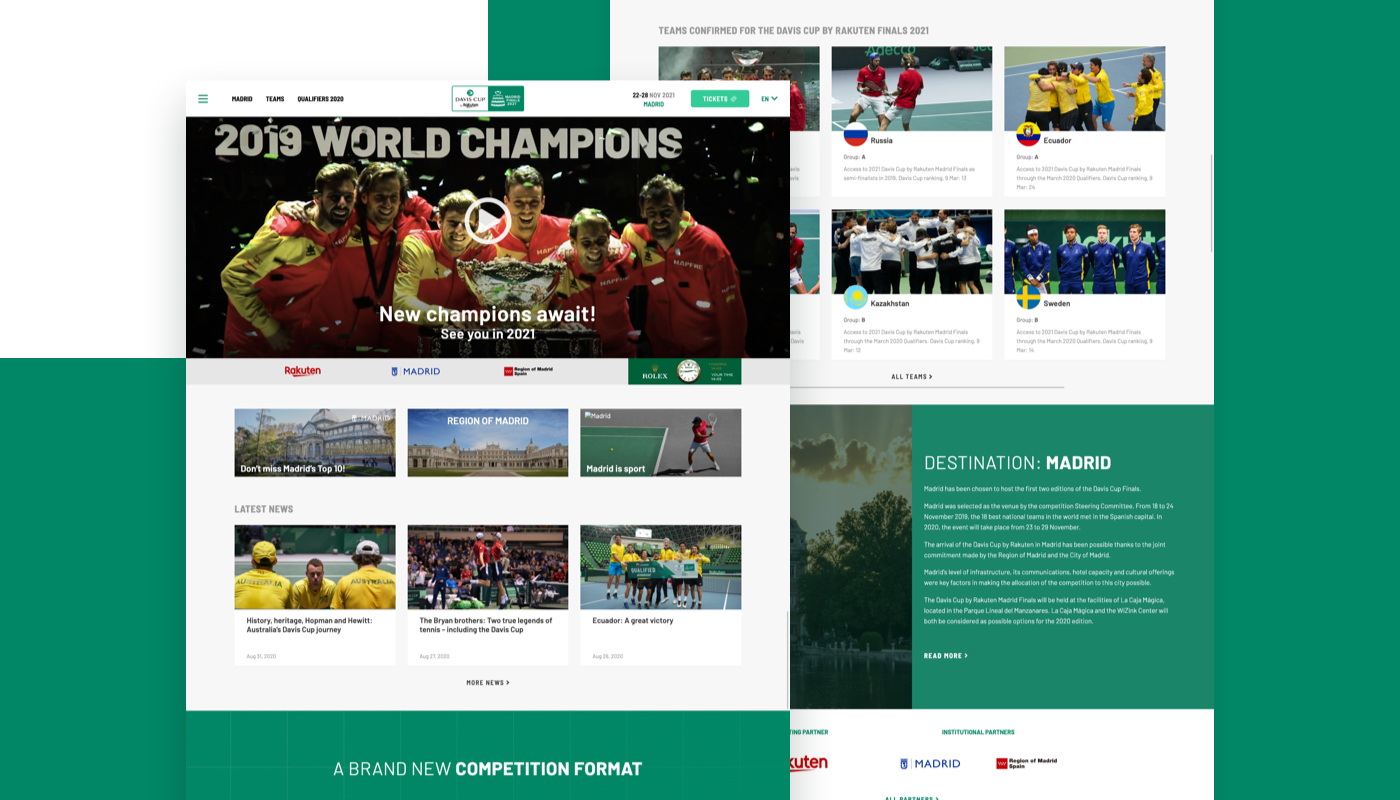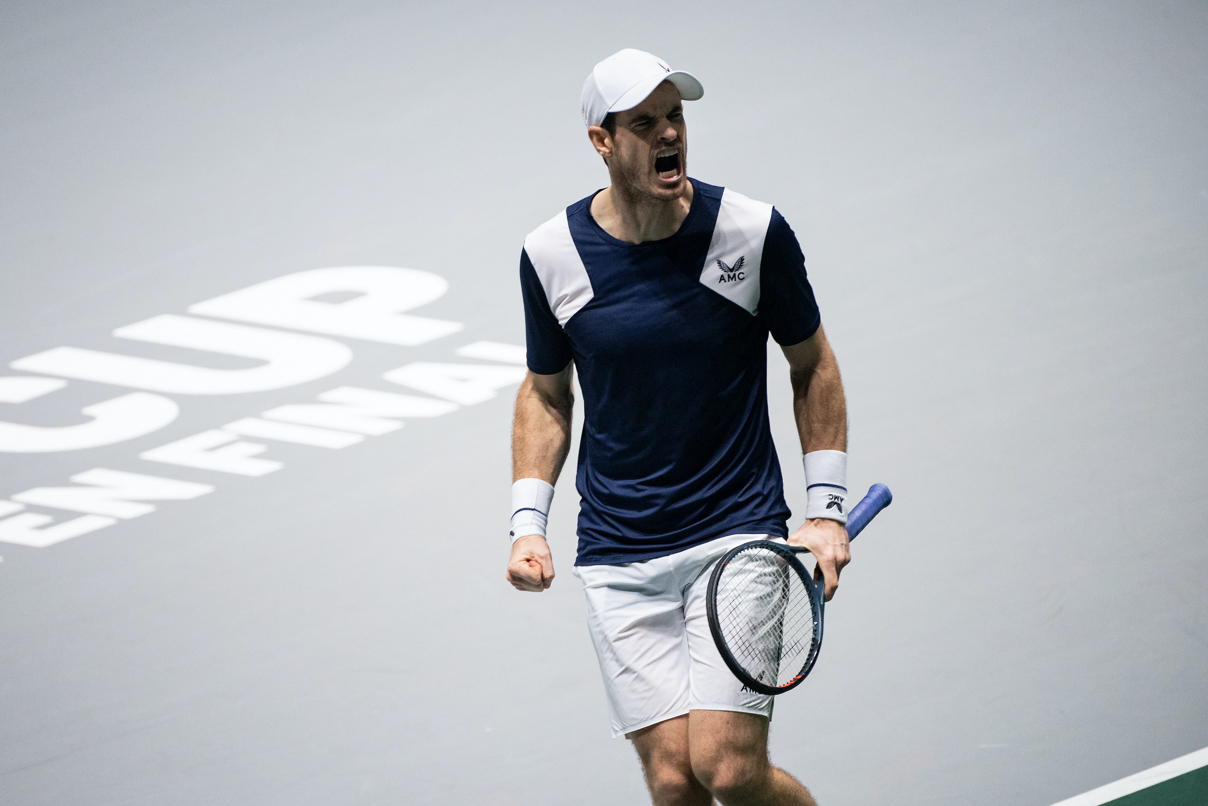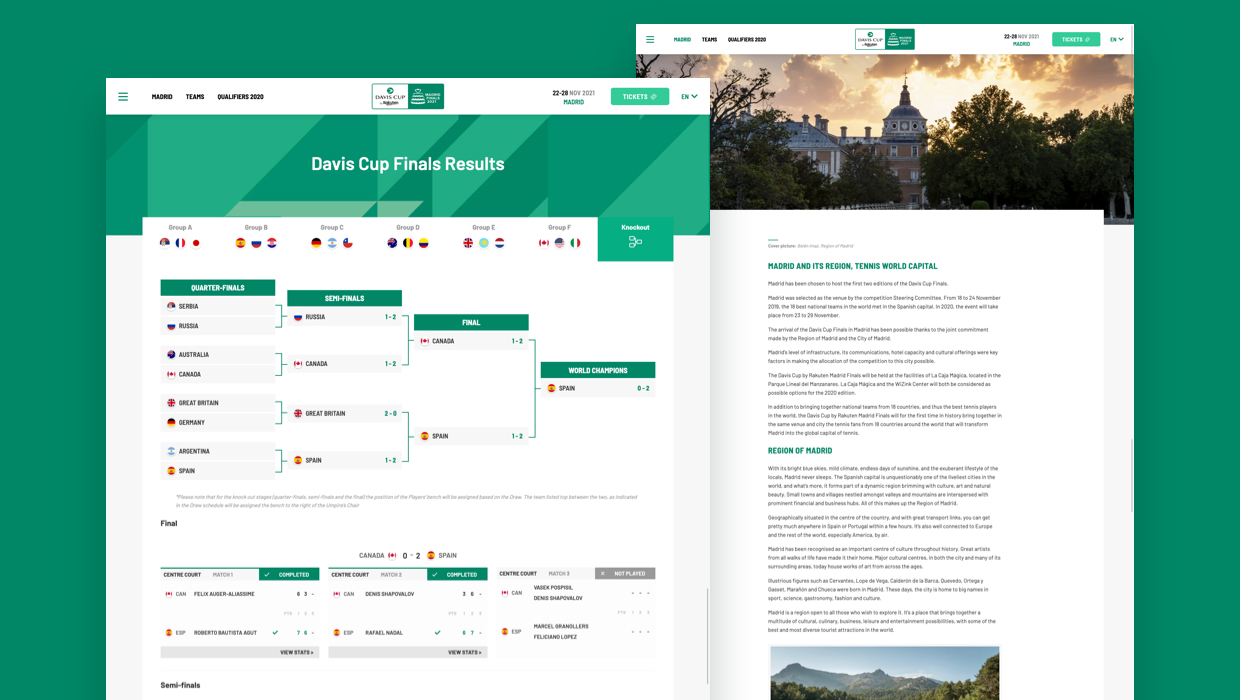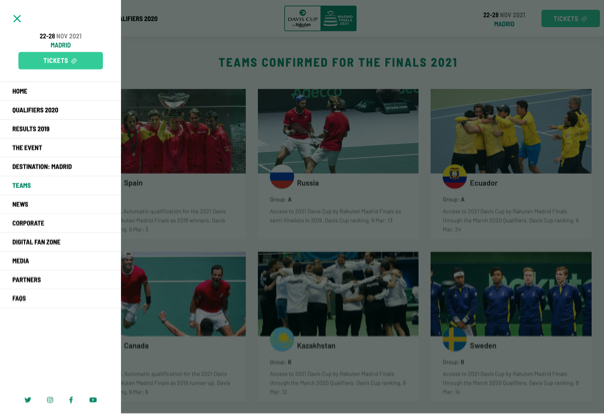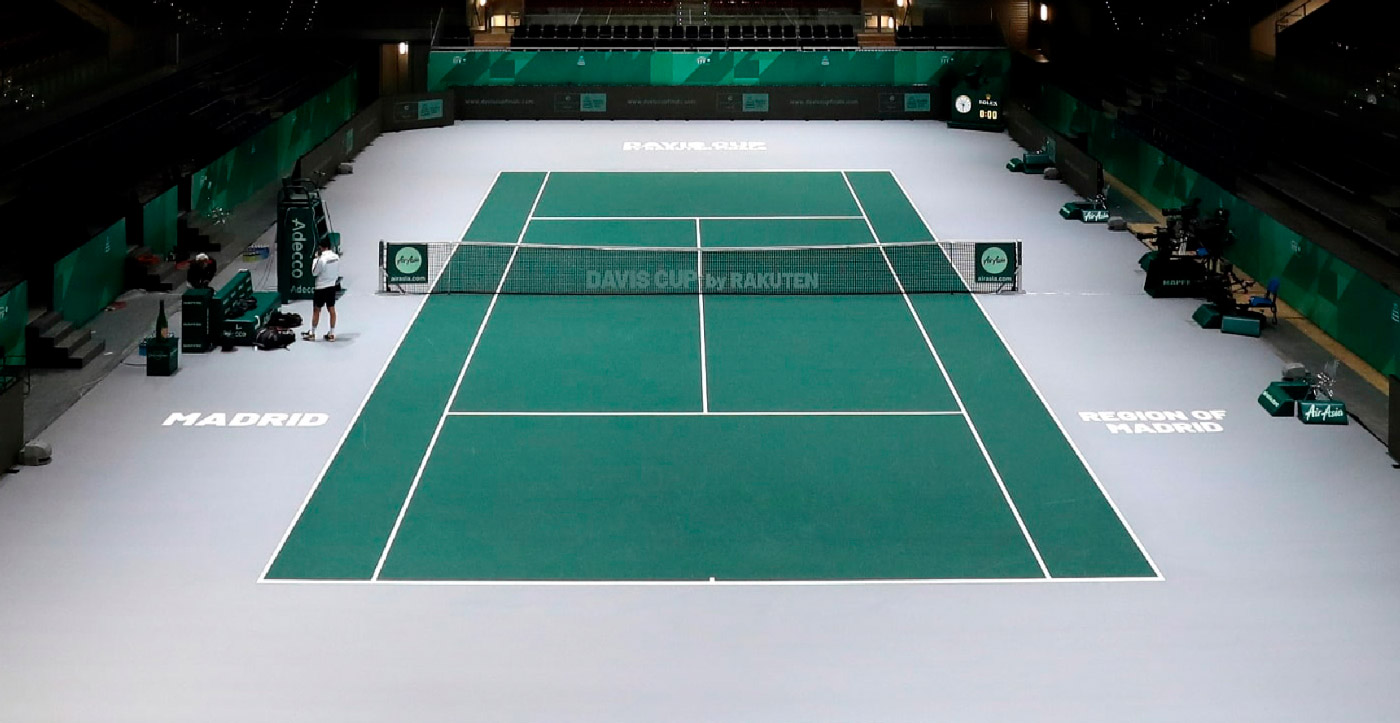A couple months before the competition, a new challenge emerged: The need for building a mobile application that would serve real-time results, as well as include all the current content on the website. For that, Kosmos was counting on one of their partners —Rakuten Aquafadas—, but they needed a single information repository that would encompass all their content, plus new features like real-time results, a live schedule, and more.
Again, we needed to work fast. Normally, the de-facto solution for this would be what's called a REST API (a collection of documents that expose the underlying data of a system) but that would require a high amount of coordination regarding the shape of the data to expose, which would require time we didn't have. Instead, we decided to implement a solution using GraphQL, a modern yet mature technology built by Facebook, which allowed us to develop the API and the mobile application at the same time, saving a lot of time in coordination efforts and, much like with the website, allowed each team to focus on what's relevant.
